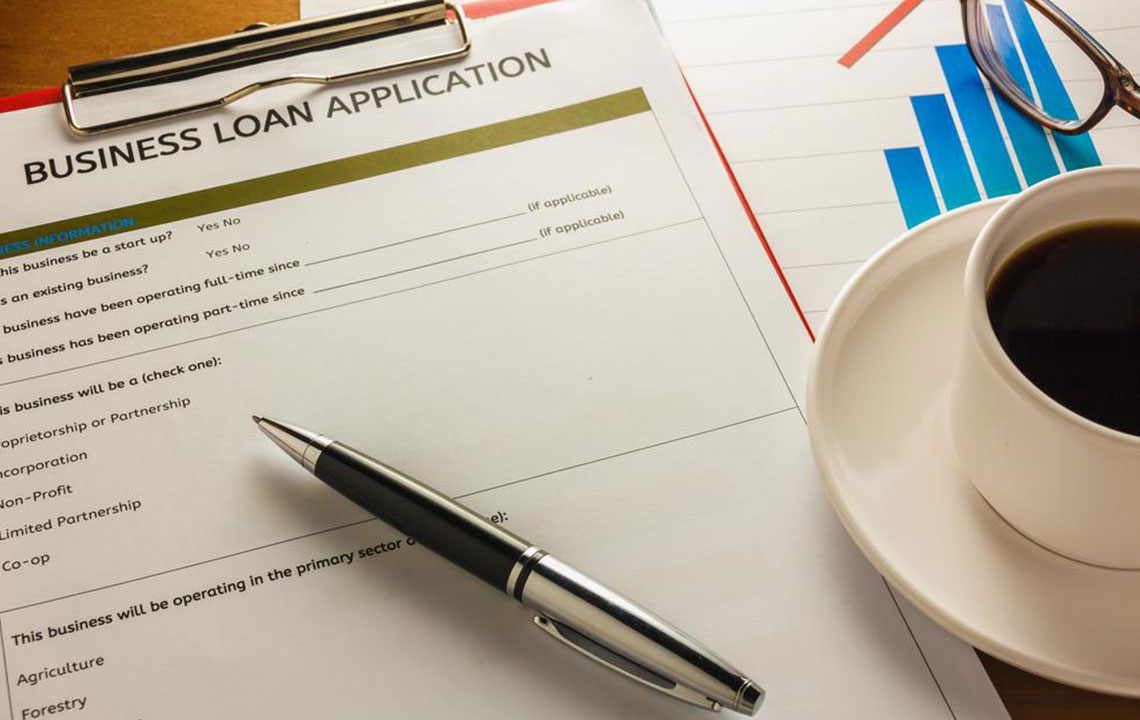
Some points to keep in mind before taking business equity loans
Taking out a second loan using property that one owns is now seeing a comeback of sorts in the Country, with equity business loans offering borrowers more tax benefits and lower rates of interest than credit card debts.
The loan that will be offered to you will be calculated on loan to value ratio that is based on the value of your property, how much of it is wholly paid for and how much you still owe to the bank. For instance, if you own property worth US$3,00,000 of which you still owe US$ 2,00,000, you have US$ 1,00,000 as equity which may be used to secure the equity loan. You could use this top up loan as a business loan or carry out repairs or restructuring of your house or to meet any other financial situation as the case may be. When you have a loan to value ratio that is 75% or more, then your request for an equity loan is more likely to be accepted and processed.
There are two kinds of equity loan options.
The first is the standard home equity loan in which you borrow a certain sum of money against your property which is used to secure the loan.
Another kind of equity loan is called HELOC, which is Home Equity Line of Credit. Under this kind of equity loan, the lender or bank may permit you to borrow small sums of money as and when you require it up to a certain fixed ceiling. You have an obligation to pay interest only on the sum you have borrowed.
Depending on whether you need a large sum of money in one shot or whether your venture requires you to pump in smaller sums of money over a period, you could opt for either kind of equity or business loan.
However, although equity loans do offer your line of credit at relatively low-interest rates, you must remember that your property is still at risk of confiscating in the eventuality that you fail to make the payments.
So, think wisely before you go in for equity or a business loan, which remains a liability until paid off in full.




